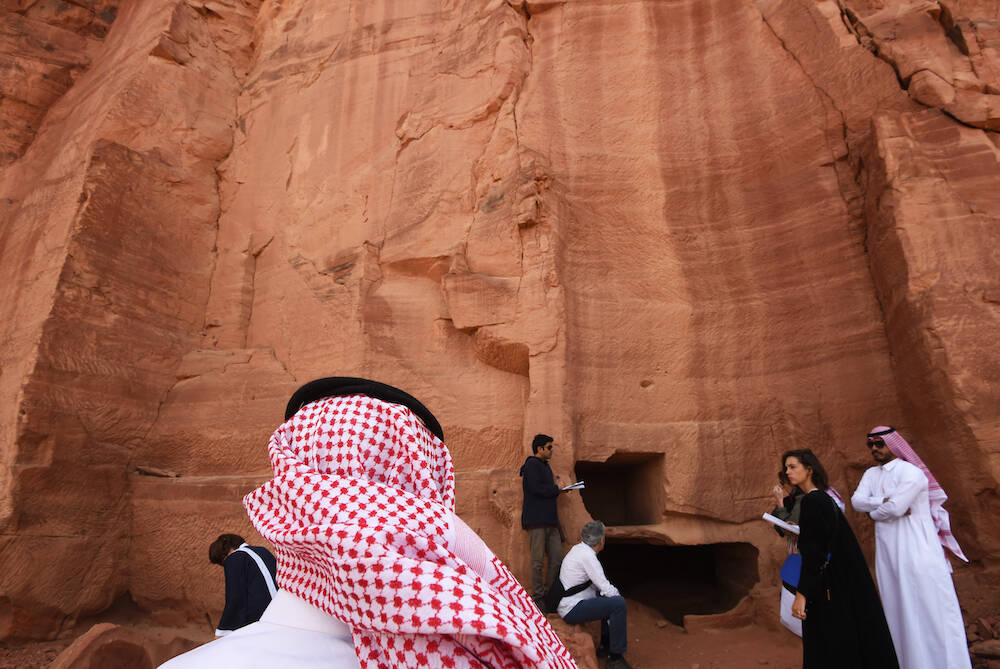What role can the integration of science and culture play in driving innovation and economic growth in Saudi Arabia? This question underscores the significant opportunities that arise at the intersection of these sectors.
UNESCO recognizes the integration of science and culture as vital for sustainable development and improving global quality of life. This is exemplified by initiatives such as the Creative Cities Network, which encourages innovation through cultural industries, and the Man and the Biosphere Programme, which merges scientific research with cultural practices.
Saudi Arabia’s involvement with UNESCO is significant — the Kingdom was one of the 20 countries that met in London to officially establish UNESCO in 1946 and has been actively participating in its various committees for the past 75 years.
Education and capacity-building initiatives promoted by UNESCO integrate science and culture, fostering interdisciplinary learning and encouraging the appreciation of the interconnectedness of these fields. This holistic education approach equips communities with the skills to utilize scientific knowledge while preserving their cultural heritage. It can lead to innovative practices like bio-design and regenerative design for archaeological sites, which not only enhance creativity but also contribute to preservation and sustainable development of these sites.
Countries prioritizing this approach include Singapore, known for its “Arts and Science Museum” that blends cutting-edge technology with artistic expression; Japan, which emphasizes the integration of traditional crafts with modern technology in its “Cool Japan” strategy; South Korea, which successfully combines K-pop culture with advanced technology to drive economic growth; and the Netherlands, home to numerous design-led innovations that merge art, science, and sustainability.
In Saudi Arabia, the cultural sector is undergoing a transformation as part of Vision 2030. Traditionally, science and culture may have been seen as separate domains, but there is a growing recognition in the country of the benefits of combining them.
This can attract international partnerships and collaborations, further boosting economic growth. A notable example is the recent partnership between the Science Museum Group and Saudi Arabia’s Ministry of Culture to establish a Museums Hub in Riyadh. This initiative is designed to serve as a center of excellence for science and culture, supporting the broader museum sector in the Kingdom.
Embracing this multidisciplinary approach is expected to lead to a more dynamic and sustainable future for the cultural sector, positioning Saudi Arabia as a global hub for cultural innovation.
• Dr. Ghadah W. Alharthi is an international cultural adviser and an associate professor specialising in culture and innovation at Central Saint Martins, University of the Arts London. X: @GhadahWA











